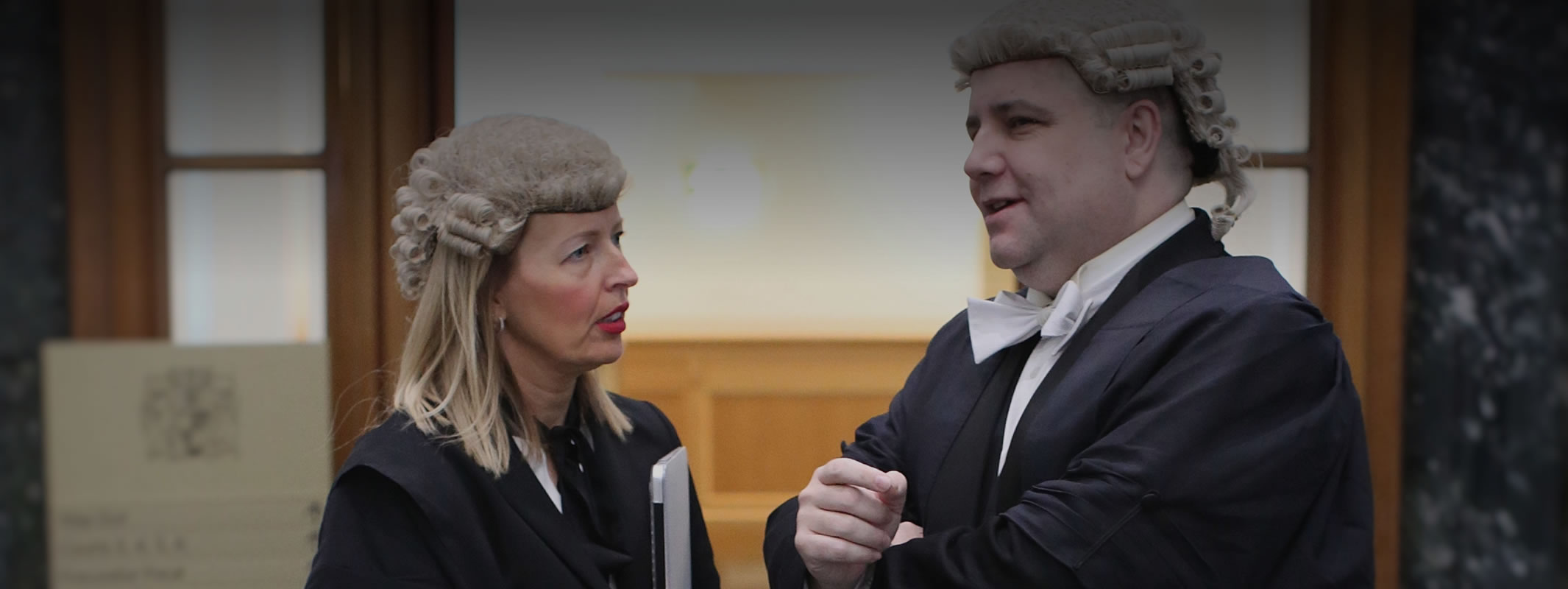In contrast with the countrywide jurisdiction of the High Court of Justiciary, sheriff courts have a territorially based jurisdiction in a variety of civil and criminal matters. Criminal cases proceed to trial under either summary or solemn procedure.
In summary procedure, where the Crown libels common law or statutory offences on a summary complaint, a sheriff will hear evidence and determine the verdict sitting alone. Whilst, notionally, summary procedure is used to deal with lesser offences, those not so serious as to justify trial before a jury, it should be noted that in the event of conviction, the sheriff’s sentencing power can extend to the imposition of up to of 12 months’ imprisonment.
It follows from this that a wide variety of cases can be and are prosecuted on summary complaint. Some of these involve complex legal matters, such as issues of statutory interpretation. Each and every case, however, has its own implications for the person being prosecuted. These can include professional regulation issues, in the event of conviction, and the potential loss of employment, in the event of an adverse verdict.
In solemn procedure, the sheriff sits with a jury of fifteen. An accused person is brought to trial, the charges against him being set out in a document called an indictment. The jury determines the verdict at the conclusion of the trial, and the sheriff imposes, in the event of conviction, the sentence. The sheriff’s sentencing power can extend to the imposition of up to five years’ imprisonment, unless the sheriff considers that his sentencing power is inadequate, in which case the sheriff can remit the case to the High Court of Justiciary for sentencing.
Unless expressly excluded by legislation, all crimes are indictable at the sheriff court, apart from murder, treason, rape and breach of duty by magistrates. As a result, a variety of offences, considered by the prosecutor to be too serious as to merit summary complaint, are prosecuted on indictment. One consequence of the increased gravity of the charges libelled is the increased likelihood, in the event of conviction, of a custodial sentence, and of such a sentence having a longer duration.





